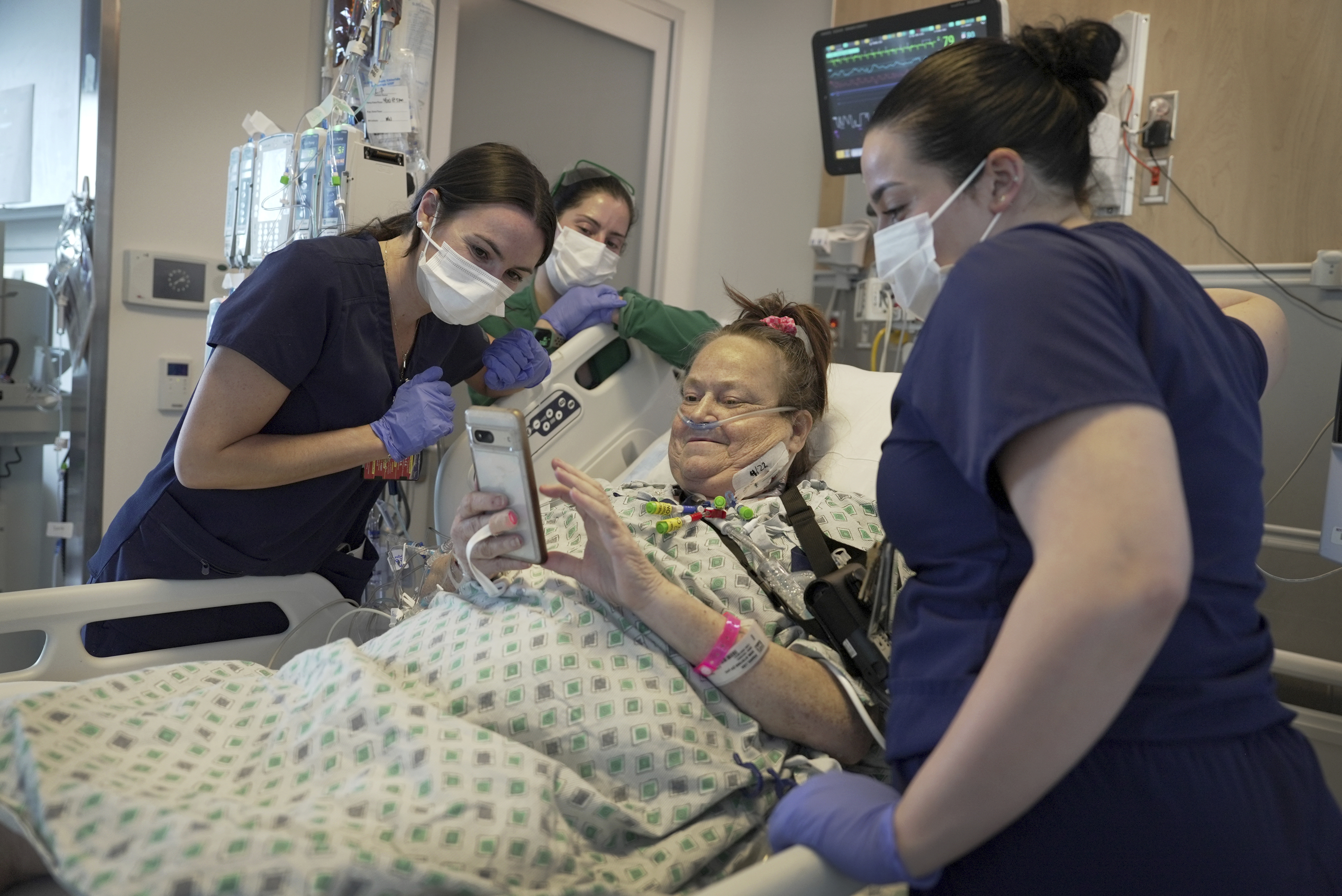Last semester, Professor Maureen McGrath gave her nursing students diabetes.
That is, the UC San Francisco nursing instructor trained them in what it was like to be a diabetes patient, day in and day out.
McGrath wanted the students to have the empathetic experience of “how arduous, how burdensome daily management of diabetes is,” she said.
The lesson included measuring their own blood sugar and giving themselves injections.
Student Paula Lee admits it was overwhelming, even though the experiment lasted only three days.
“I for sure forgot to take the medications and I forgot to do some of the dosing and I probably went into hypoglycemic episodes all the time," Lee said.
Still, she found the experience really helped her understand what a patient goes through.
Health & Wellness
Health and wellness news
Lee’s classmate Arielle Bias also saw value in the lesson.
“It’s hard to tell someone not to be afraid of something you’ve never tried,” Bias said.
The women in the class are already registered nurses and are at UCSF to get master's degrees in order to become nurse practitioners with a specialty in diabetes.
For years, the University of California at San Francisco has been at the forefront of medical research. Now, they are the first and only school in the country to offer a diabetes minor for nurse practitioners.
McGrath thinks it makes perfect sense because nurse practitioners are “trained at the primary care level.”
A diabetic herself since the age of 12, McGrath strongly believes this program will make a real difference.
“We are now able to reach a whole other population that weren’t previously seen by specialists, but yet are getting specialized care in their primary care offices,” McGrath said. "We can’t train enough endocrinologists to keep up with the growing number of people with diabetes."
With 79 million pre-diabetics in the United States, health care analyst Susan Chapman says this program is vital.
“We are not ready in terms of the numbers of providers we need. Our traditional models don’t work so well, so we need to be creative in thinking of new ways to provide this care,” Chapman said.
UCSF student Gabriella Valencia is a Mexican immigrant with a strong desire to help her community. “
The Latino population is at a huge risk for developing diabetes. We are at almost twice the risk as the white population," Valencia said.
She believes more Latino health care providers are needed with a real understanding of the language and the culture.
She quickly cites how the Latino culture is very much about sharing a meal, and that cooking for someone is considered a way of taking care of them. She says no matter when she last ate, her own mother wants to feed her every time she goes home.
Valencia says when health care providers and nutritionists talk about diabetes and diet, they normally “tell you don’t eat bread, don’t eat pasta.”
In the Latino community, that doesn't make sense, she says.
" You gotta talk about rice and tortillas and beans," Valencia notes.
Valencia is most excited by the idea that educating people may actually prevent some cases of diabetes.
“For me to be able to now be in a position to provide that kind of care for that population is a privilege and it’s really exciting,” she said.



